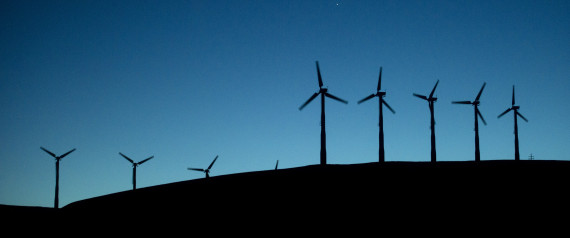When the Legislature reconvenes, it will be forced to grapple with the immediate health and economic consequences of the coronavirus pandemic, with mounting pressure to prioritize jobs, health, and climate – while also answering the clarion call for racial justice.
Our recently released report, “Building Back Better: Investing in a Resilient Recovery for Washington State,” considers how investments in environmental and built infrastructure offer a pathway to holistic and sustainable recovery and meeting our greenhouse gas reduction goals.
To evaluate these benefits, Climate XChange and the Low Carbon Prosperity Institute built a model portfolio of investable projects and analyzed expected performance in employment, community health, climate, and economic output.

The model portfolio found compelling benefits from programs reaching broadly across Washington, such as electrification of ferries, water conservation and ecosystem restoration in the Yakima Basin, wildfire prevention and preparedness, and low carbon buses and trucks.
On average, every million dollars invested in the portfolio could create 10.1 full-time-equivalent job-years (FTEs), compared to 4.2 FTEs expected from stimulus focused on Washington’s largest industries. Every million dollars could also yield $2.4 million in public health and climate benefits, including $1.6 million in clean air benefits.
Green stimulus recovery is already a priority in much of the world, favored by both the public and private sectors. A coalition of corporations worth more than $11.5 trillion, including Microsoft, Visa, and Capital One, lobbied congressional leaders from both parties to include climate change in the coronavirus recovery bills. These corporations involved employ more than three million Americans. An environment-labor coalition has emphasized infrastructure, resilience, and job creation as top priorities while addressing climate change.
A robust program of investment will be necessary to place the state on a path to achieving its GHG reduction goals, starting with a 45 percent reduction in the next 9.5 years. A financing framework can rely on a three-legged stool of maximizing the use of any federal stimulus funds that become available, raising revenue from a carbon pricing program that caps emissions, and aligning the state capital and transportation budget priorities to this challenge. Complementary policies and regulatory changes can encourage private investment, much like the recently passed Clean Energy Transformation Act was designed to do for the electric sector.
Prioritizing investments in the health and well-being of Washington’s families and communities will improve our ability to withstand future shocks. It’s no coincidence that COVID-19 infection rates, record job losses, and resulting financial hardship have fallen hardest on low income and Black, Indigenous, and People of Color communities. The greatest impact will come from investing to make communities facing the highest risk more resilient. The Low Carbon Prosperity Institute and Climate XChange have advocated for policies that invest in community-based climate projects while capping the state’s emissions.

While our research focused on Washington State, our findings demonstrate a path toward a more equitable and truly resilient recovery for all Americans. Our next phase of research will be to expand the portfolio with additional projects, understand distributional impacts, and harness the power of private investments to leverage precious public funding.
As a community of advocates, businesses, and policymakers, let’s create enduring change from the hardship created by this pandemic. Informed by smart strategy, we can clarify our priorities and advance confidently towards a more just and resilient future.

Listen to our on-demand webinar to learn more about our report findings: https://vimeo.com/437960464
————–
David Giuliani is the Chief Engineer at the Low Carbon Prosperity Institute and the Co-Inventor and past-CEO of the Sonicare and Clarisonic Companies.
Michael Green is the Executive Director of Climate X Change.
Your support matters.
Public service journalism is important today as ever. If you get something from our coverage, please consider making a donation to support our work. Thanks for reading our stuff.




